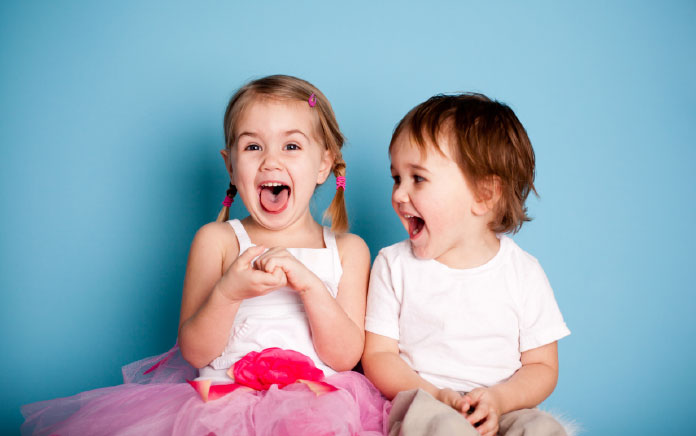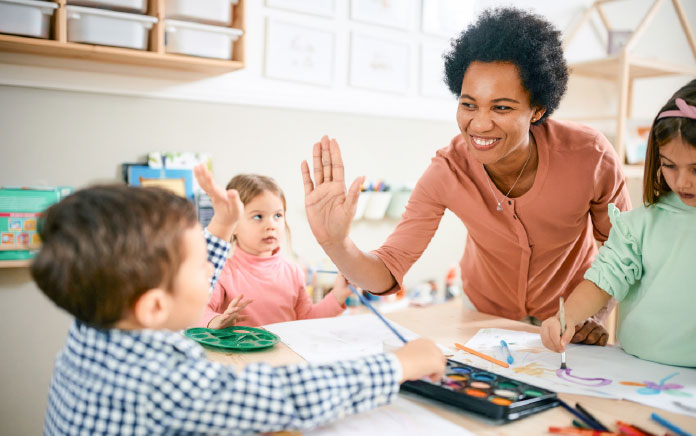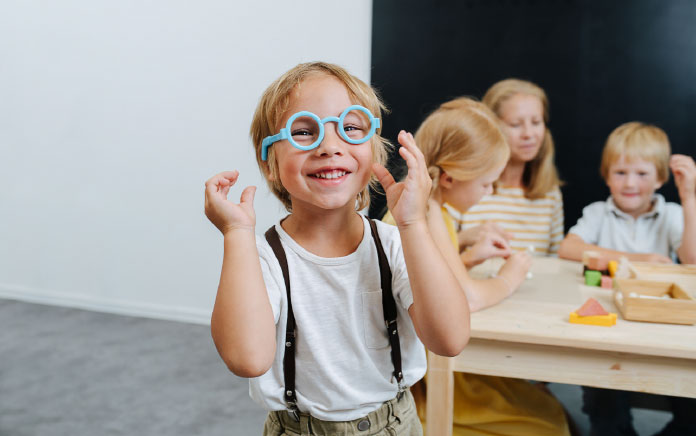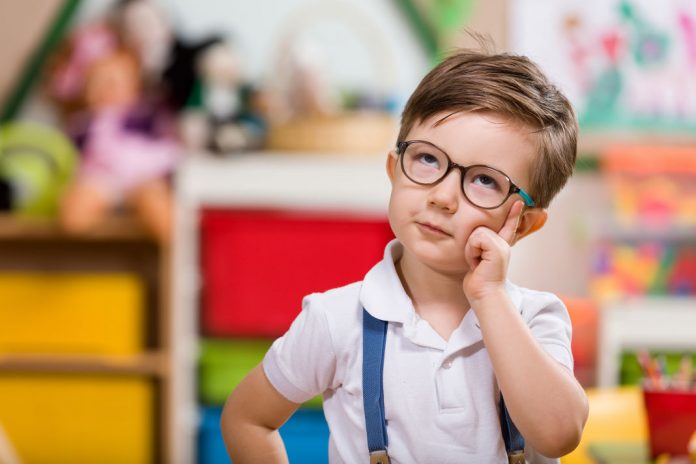If you’re dealing with a difficult three-year-old, you might want to read this. Ouiam El Hassani shares her five observations about this age group and her tips for dealing with them.
Definition of a threenager:
the little human living with you, who according to their birth certificate is three, but according to their attitude is a teenager.
“I’ll do it by myself!” “No, I don’t want it!”
These are statements you probably have heard countless times from your toddler—a.k.a your sassy threenager. In the blink of an eye, they can go from a sweet and loving child who wants millions of hugs and kisses, to a volatile, stubborn little ‘teen’.
Even though they can be unknowingly rude, this developmental stage serves as a major learning experience for both kids and their parents. It’s a time for them to grow into themselves, and a time for parents to give them the space to do that while also showing them how to appropriately express who they are.
If you’ve got a threenager in your house, you know what a challenge it can be, but before you respond to this stage with your own sassiness, remember that it’s more important to model good behavior than it is to shut that threenager down.
 Three-year-olds go through some major life transitions at this stage in their lives:
Three-year-olds go through some major life transitions at this stage in their lives:
1.‘Threenagers’ are learning to manage their emotions.
Around the age of three, children start to understand their emotions. They might even begin identifying their feelings with words. However, they’re still not developmentally ready to control their emotions. If they think something is funny, they’ll laugh uncontrollably. If something happens and they feel sad, they cry inconsolably.
Their emotions are intense and can seem overwhelming— try to just be patient and understand that, at three, they don’t have the capacity to properly control their emotions.
 2.They want instant gratification.
2.They want instant gratification.
Three-year-olds don’t have much impulse control. If they feel the need to do something, they’ll act on it without much thought.
For example, they might take the chocolate out of your purse even after you’ve said “No” or they might hit another kid when they get mad. Delayed gratification has to be learned over time, and it isn’t something three-year-olds fully understand.
 3.They’re developing a sense of humour.
3.They’re developing a sense of humour.
Three-year-olds are hilarious! At this stage, they are developing a real sense of humour. They love to make everyone around them laugh. They find talking about things like poo poo and pee to be very entertaining. Though your taste in humour might be slightly different, remember that at this stage, three-year-olds are learning how to be funny.
 4. They’re learning empathy.
4. They’re learning empathy.
Empathy starts to develop in children around age three. They can relate to others when they’re hurt, and you can get a response from them when you ask how they’re feeling. They might also cry if they think they hurt you, especially if they didn’t mean to.
 5. They’re learning to play with others.
5. They’re learning to play with others.
At this age, kids learn to play with others. Before that there’s a lot of parallel play, but at this age, they start to engage with each other. They may even start asking you to play with them, too!
Your baby is growing up quickly and turning into his or her own person. As scary as that may be, it’s also very exciting to see your children grow into themselves. They start to have their own likes and dislikes, personalities and curiosity for life.





































